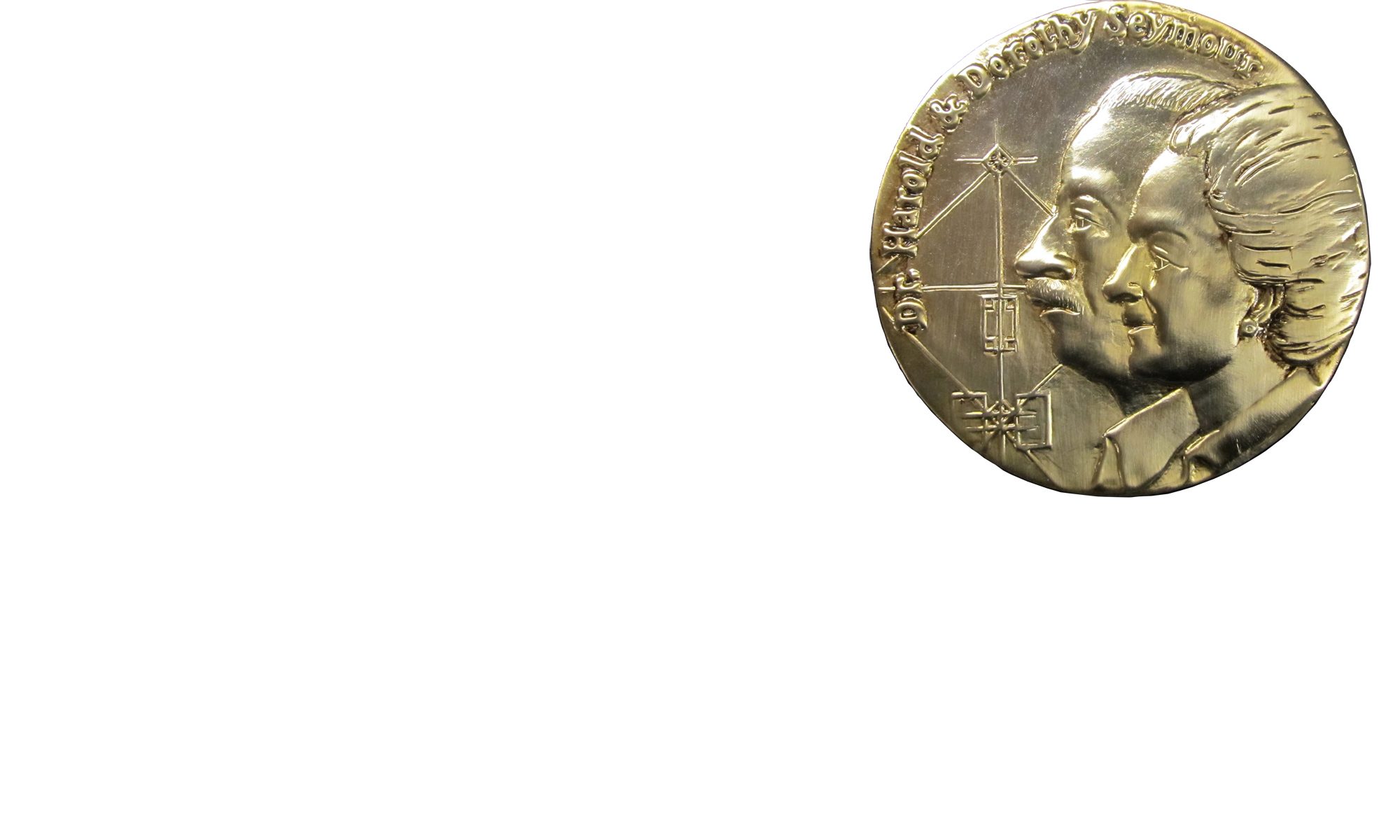At the time Seymour was about to be awarded his Ph.D. for the first dissertation on the history of American baseball, he was interviewed by the Cleveland News. After all, “The Rise of Major League Baseball to 1891” was a highly unusual title for a doctoral dissertation! News reporter Joe Madigan quoted Seymour as explaining, “No historian has ever deemed the subject worthy of scholarly investigation, despite the fact that baseball is a reflection of the development of American life. Learned men are sometimes very stuffy, you know.”
During this interview Seymour mentioned my help; it is the only such instance I recall. The reporter wrote that along with his wife, Dorothy, Seymour traveled a lot to gather data. “His wife has done all the typing, and Seymour credits her as being his severest critic. He insists that it [the dissertation] never would’ve been completed without her contribution.”
Indeed, in addition to typing (and retyping) the dissertation — Seymour did not know how to type — I provided a great deal of research, organization and writing help for the work that would become Baseball: The Early Years.
Why were Cornell professors so forward-looking as to accept the topic of baseball history for a Ph. D. dissertation? One reason is that they were athletic-minded men. Professor Frederick Marcham, for example, had been a wrestler. Professor Julian Bretz once stopped Seymour in the hall and said, “You know, when I was very young I saw Cap Anson play. And I’ve explained to Professor Gates [the chairman of Seymour’s Ph.D. committee] that he shouldn’t expect every one of his graduate students to write on something in his own field of interest,” which was land reform, a topic that Seymour found boring.
Cornell took advantage of the uniqueness of this Ph.D. topic to send out news releases that resulted in nationwide publicity. The Kansas City Times and the Milwaukee Journal both marveled at such an unusual event as going from “batboy to Ph.D. in baseball history.”
After Seymour died, Professor Paul W. Gates, the chairman of Seymour’s dissertation committee at Cornell wrote me, “I was aware that to do such a project [write on baseball history] would raise considerable difficulty. Fortunately, most of my department were interested in athletics and they agreed to allow the subject. Harold drove himself hard in developing his work, and his study did much to broaden the topics in sports thereafter.”

